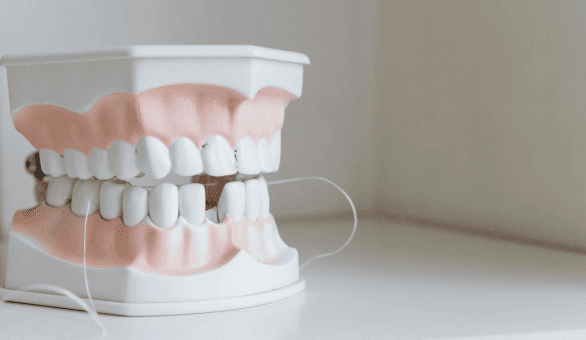Do Wisdom Teeth Always Need to Be Removed?
Wisdom teeth, or third molars, usually emerge in late adolescence or early adulthood. For some people, these teeth come in without any issues, while others may experience pain, overcrowding, or infection.

Here’s a closer look at why wisdom teeth often require removal and when they can stay:
Why Wisdom Teeth Are Often Removed:
Impaction: Wisdom teeth often don’t have enough room to grow in properly, leading to impaction. This occurs when the teeth are trapped beneath the gums or push against adjacent teeth, causing pain and swelling.
Overcrowding: In many cases, the jaw doesn’t have enough space for extra molars. This can cause existing teeth to shift or become misaligned.
Risk of Decay and Infection: Wisdom teeth are located at the back of the mouth, making them harder to clean. As a result, they are more prone to cavities and gum infections like pericoronitis, which can spread if not treated.
When Wisdom Teeth Don’t Need Removal: If your wisdom teeth grow in properly and you’re able to maintain good oral hygiene, removal may not be necessary. However, regular dental check-ups are crucial to monitor for any changes, as wisdom teeth can cause problems later in life.
The Removal Process: Wisdom tooth removal is a common dental procedure that typically involves local anesthesia. Depending on the complexity of the extraction, your dentist or oral surgeon will remove the teeth in one or more appointments. Recovery usually takes a few days, during which soft foods and careful oral care are recommended.
Conclusion:
While wisdom teeth don’t always need to be removed, they often cause complications that make extraction necessary. Regular dental exams are essential for determining the best course of action for your wisdom teeth.






